L.W variety Caespitosa in 8cm diameter pot
$129.00 Original price was: $129.00.$127.98Current price is: $127.98.
Buy Peyote Cactus Online – Top Quality Peyote Cactus Seeds for Sale
Peyote cactus for sale online can be a complex endeavor due to legal restrictions and the plant’s endangered status. Peyote, scientifically known as Lophophora williamsii, is a small, spineless cactus native to the Chihuahuan Desert in Mexico and the southwestern United States. It is well-known for its psychoactive properties, primarily due to the presence of mescaline, which has been used in various Native American religious ceremonies for centuries.
- Legal Considerations When Purchasing Peyote Cactus: Before attempting to buy peyote online, it is crucial to understand the legal landscape. In many areas, including the United States, the sale and possession of peyote are heavily regulated. The American Indian Religious Freedom Act allows for its use in specific religious contexts, but outside of these exemptions, trade-in peyote is illegal. Therefore, purchasing from international sellers poses risks, including potential confiscation by customs and legal repercussions.
-
Finding Genuine Sources To Buy Peyote Cactus: When looking to buy peyote online, authenticity is paramount. Many sellers may offer grafted or fake cacti that do not contain mescaline. Engaging with reputable cactus societies or local clubs can provide safer avenues for obtaining genuine plants or seeds. Online marketplaces like Etsy may list peyote cacti; however, buyers should exercise caution and verify the seller’s credibility before making a purchase.
-
Growing Peyote Cactus: Peyote is notoriously slow-growing, often taking 10 to 30 years to mature. This slow growth makes it less practical for those seeking immediate psychoactive effects compared to faster-growing alternatives like San Pedro. If you decide to cultivate peyote from seeds or cuttings, ensure that you replicate its natural arid conditions for optimal growth.
Peyote Cactus For Sale Near Me-Types Of Peyote Cactus Plant
Peyote cactus, scientifically known as Lophophora williamsii, is a small, spineless succulent native to the Chihuahuan Desert in southern Texas and northern Mexico. Revered for its psychoactive properties, it contains mescaline, a potent hallucinogen that has been used for thousands of years in Native American spiritual practices.
The plant is characterized by its bulbous shape, typically measuring about 2 to 5 inches in height and width, and features a soft, fleshy body that can be grayish-green or blue-green in color. Peyote flowers during the summer, producing pink or white blooms that develop into small fruits.
When considering types of peyote cactus, the primary variety is Lophophora williamsii, but there are notable subspecies and related species:
- Lophophora williamsii var. caespitosa: This variant is characterized by its olive green color and smooth texture. It tends to grow in clusters and is often sought after by collectors due to its unique appearance.
- Lophophora decipiens: Once considered a subspecies of peyote, this cactus grows larger and faster than L. williamsii. It can produce pink or magenta flowers and has similar mescaline content, making it popular among growers looking for quicker yields.
- False Peyote (Lophophora diffusa): This species does not contain mescaline but is sometimes consumed for its mild psychoactive effects. It features yellow-green stems and white to yellow flowers.
Specialty Peyote Cactus Treats – Peyote Cactus Sale Real vs Fake
The market for peyote cactus, scientifically known as Lophophora williamsii, has become increasingly complex, particularly with the rise of both legal and illicit sales. As interest in this unique cactus grows, so does the prevalence of counterfeit products, making it crucial for buyers to discern between authentic and fake peyote.
- Understanding Peyote Cactus: Peyote is a small, spineless cactus native to the southwestern United States and Mexico, known for its psychoactive properties due to mescaline. Traditionally used in religious ceremonies by Indigenous peoples, peyote is now facing threats from illegal harvesting and habitat loss, leading to its classification as endangered in some areas.
Real vs. Fake Peyote Cactus
- Authenticity: Genuine peyote is often sold as seeds or live plants. However, many sellers may offer grafted specimens or entirely different species masquerading as peyote. It’s essential to verify that the seller specializes in cacti and has a reputation for selling true Lophophora williamsii.
- Legal Considerations: In the U.S., possession and cultivation of peyote are heavily regulated under federal law, making it illegal except for specific religious uses by Native American tribes. Buyers should be cautious of online marketplaces like eBay or Etsy, where unauthorized sellers may offer fake or illegal products.
- Ethical Sourcing: Recent developments include companies like Lophos Pharma in Canada, which aim to cultivate peyote ethically for research and therapeutic purposes without extracting mescaline. This approach could provide a sustainable alternative to wild harvesting and help preserve the species.
Buying Tips
- Research Sellers: Look for reputable cactus clubs or nurseries that specialize in native plants.
- Ask Questions: Inquire about the plant’s origin, growth conditions, and whether it comes with necessary documentation.
- Avoid Online Risks: Be wary of purchasing from unknown online sources that do not provide clear information about their products.
19 reviews for L.W variety Caespitosa in 8cm diameter pot
Add a review Cancel reply
Related products
Lophophora Williamsii plants
Lophophora Williamsii plants
Lophophora Williamsii plants
Lophophora Williamsii plants
Peyote Cactus For Sale – Lophophora Williamsii – 3 Buttons (4-5 cm Each, Includes Pot)
Lophophora Williamsii plants
Lophophora Williamsii plants
Lophophora Williamsii plants
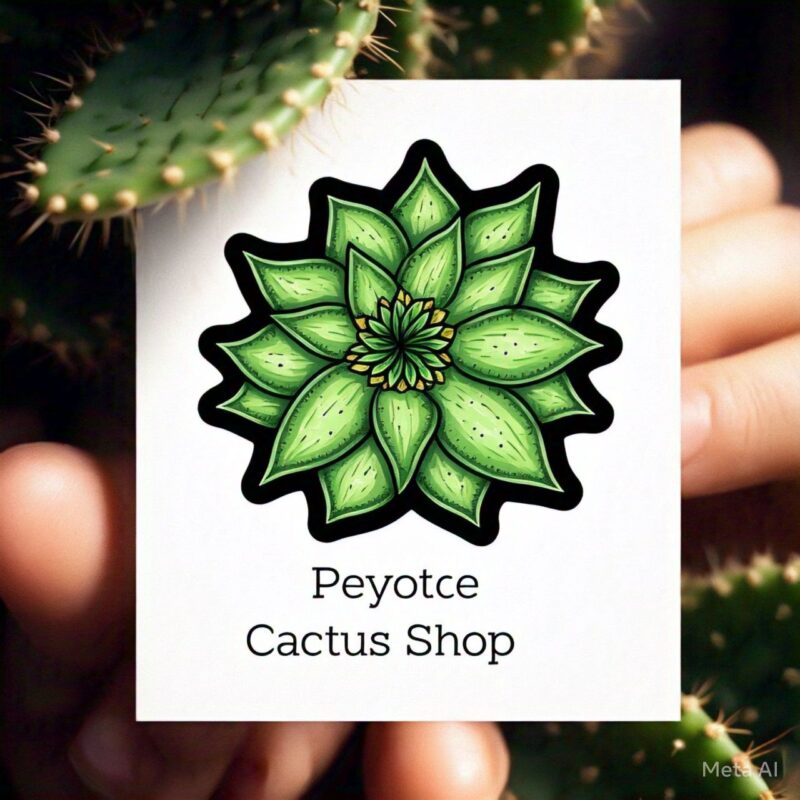

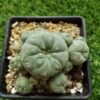
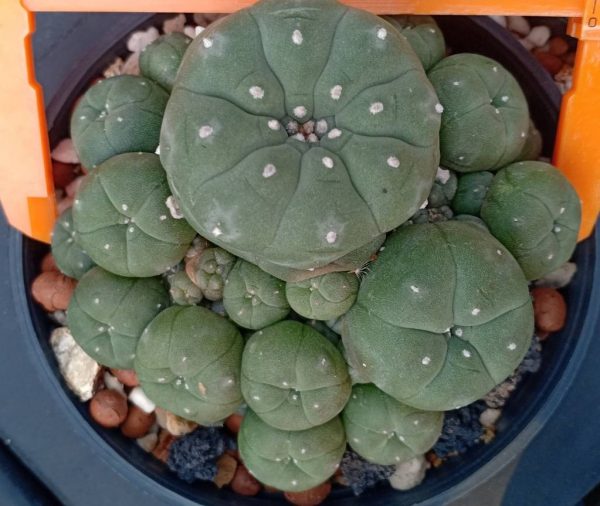
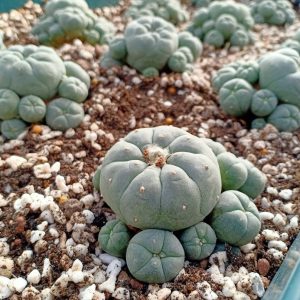
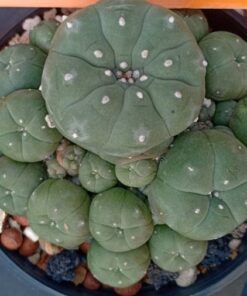
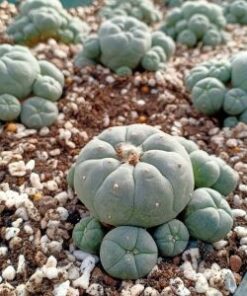
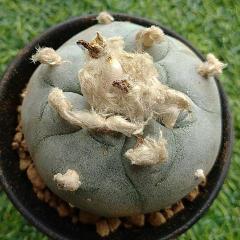
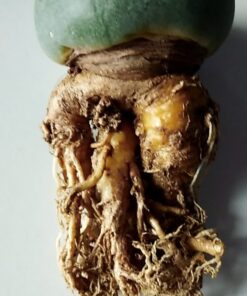
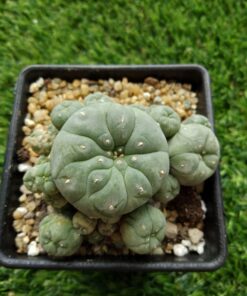
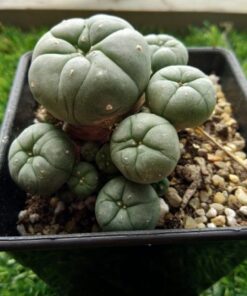
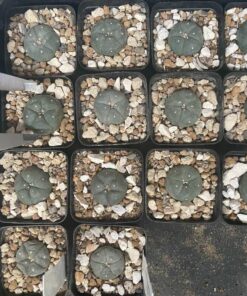
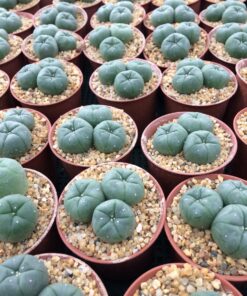
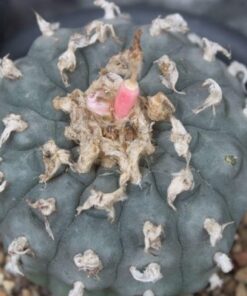
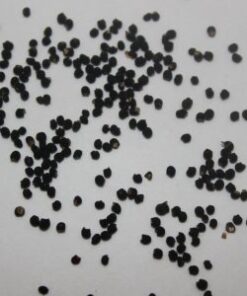
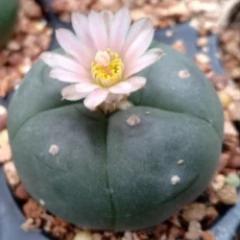

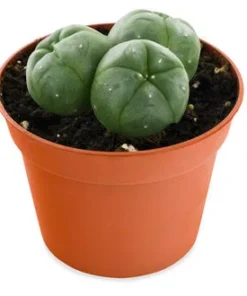
retrogame –
Masterful synthesis! The cloud save system at Retro Game ensures uninterrupted progression across devices.
JiliPH –
JiliPH really stands out with its wide game selection and smooth user experience. If you’re into slots like Money Coming or Fortune Gems, the Jili777 App is a great pick for casual and serious players alike.
sprunkiy.com –
Sprunki really takes the fun of Incredibox to another level with fresh beats and cool visuals. It’s a must-try for music lovers! Check it out at Sprunki.
Lovart –
Lovart AI Agent is a game-changer for designers blending AI with traditional tools. Its tri-modal interface makes creative workflows intuitive. Can’t wait to test its pixel art transformation in real projects. Lovart AI Agent shows serious potential.
jljlph –
Understanding gambling psychology is key to enjoying platforms like jljlph 13. It’s not just about luck-it’s about mindful engagement and knowing when to step back. The balance between thrill and control defines a sustainable gaming experience.
jljlph –
Understanding betting trends can enhance your gameplay, especially on platforms like JLJLPH, which offers a great mix of slots and live games. Their user-friendly interface and secure system make it a top choice for serious players.
Winston –
Winston here from Iowa. I’m always watching for new sites and looking at older ones and thought I’d reach out to see if you could use a hand driving targeted traffic, automating repetitive tasks, or some good old-fashioned bulk targeted outreach campaigns to massive lists I already own.
I’ve been doing this for over 20+ years — building sites, editing videos, and crafting bulk email/SMS campaigns (I even provide the targeted lists as I mentioned and the servers to send them out over). Creating custom solutions using Manus (there’s a waiting list of 3 million people waiting to get their hands on this tech, and 1% get accepted after an application/screening process). Creating custom software, getting people not only ranked on search engines but also voice searches where I get devices like Alexa and GPT to start recommending your site.
I also create, fix, and optimize WordPress sites. In fact, I’ll even pay for any plugins you might want/need. The bottom line is that if a solution exists, I’ve probably already built it or bought it — and if I haven’t yet, I will for your project. I’m happy to shoulder 90% of the cost with tools, lists, licenses, and tech I already own.
Quick background: born and raised in the Midwest, married, three girls. If I can support them by helping you, using everything I’ve built over the years, that’s the kind of win-win that changes things. It still amazes me how few people actually help the way I do — and I’d love the chance to show you why it’s kept me in business for over 20+ years.
All I ask is a flat $99/month for my time, month to month — no catch. I just wanted to offer real help if you’re open to it. If you don’t want me to help, then I ask that you please find someone who can do these items on your behalf. You and I both know you deserve it. It takes a little elbow grease to implement everything, but it’s worth it in the end.
If you need anything at all, just ask — we might be a good fit, we might not, but let’s start somewhere. If I missed something or you think of anything obscure that would be an awesome solution to a problem you might need help with, let me know — I’ve only scratched the surface here with a few of my past projects. I also have thousands of references — more than I know what to do with — so if you want some, let me know.
All the best,
Winston Redford
Cell: 1-319-435-1790
Live Chat: https://goo.gl/5sbTx5
Site: https://kutt.it/deserve
AI Tools –
Exploring AI tools can save time and boost productivity, especially for entrepreneurs and creatives. The AI Email Generator is a great example of how smart tools streamline workflows.
ph987login –
Great insights on behavioral patterns in gambling! It’s fascinating how platforms like PH987 login register blend psychology with gameplay to keep players engaged. Worth exploring for deeper understanding.
AI Tools –
Great insights on optimizing workflows-AI tools can make a huge difference. Check out the AI CRM Assistant for a smart solution that streamlines customer interactions and boosts efficiency.
jili7 –
Trying out Jilislot was a game-changer for my casual blackjack sessions. The AI insights helped me refine my strategy without overwhelming me. Definitely a solid pick for new players!
jl boss –
Analyzing baccarat patterns is key, but a solid platform matters too! JL Boss seems to offer a seamless experience – especially with that app. Considering a new site? Check out jl boss slot for diverse games and easy access. It’s all about maximizing your edge!
68wim –
RTP analysis is key to enjoying slots – understanding those payouts really matters! Seeing platforms like 68win app cater to Vietnamese players with localized options is smart. Convenience & culture matter! 👍
bossjl –
Interesting read! The psychology of chasing wins is fascinating, and platforms like bossjl casino offer so many game choices it’s easy to get caught up. Responsible gaming is key, though! Fun article.
superph11 –
SuperPH11 offers a great mix of slots, live casino, and sports betting with top providers. Easy to navigate and reliable-perfect for both casual and serious players. Check it out!
jl boss –
Interesting take on balancing risk & reward! Seeing platforms like jl boss slot prioritize secure, fast transactions (like GCash!) is key for building trust in the online space. Good analysis!
uu 88 –
Interesting read! Managing risk in online games is key, especially with platforms like uu 88 gaining traction in Vietnam. Exploring options like uu 88 slot can be fun, but always prioritize responsible play & budget control!
📑 + 1.297565 BTC.NEXT – https://graph.org/Payout-from-Blockchaincom-06-26?hs=557c7ff9b3dac6c15cc9342374138814& 📑 –
lszqhb
winph99 –
Really insightful article! Understanding basic strategy is key, and seeing how platforms like winph99 download prioritize secure logins & verification builds trust. Makes learning less daunting! Definitely a good starting point for new players.